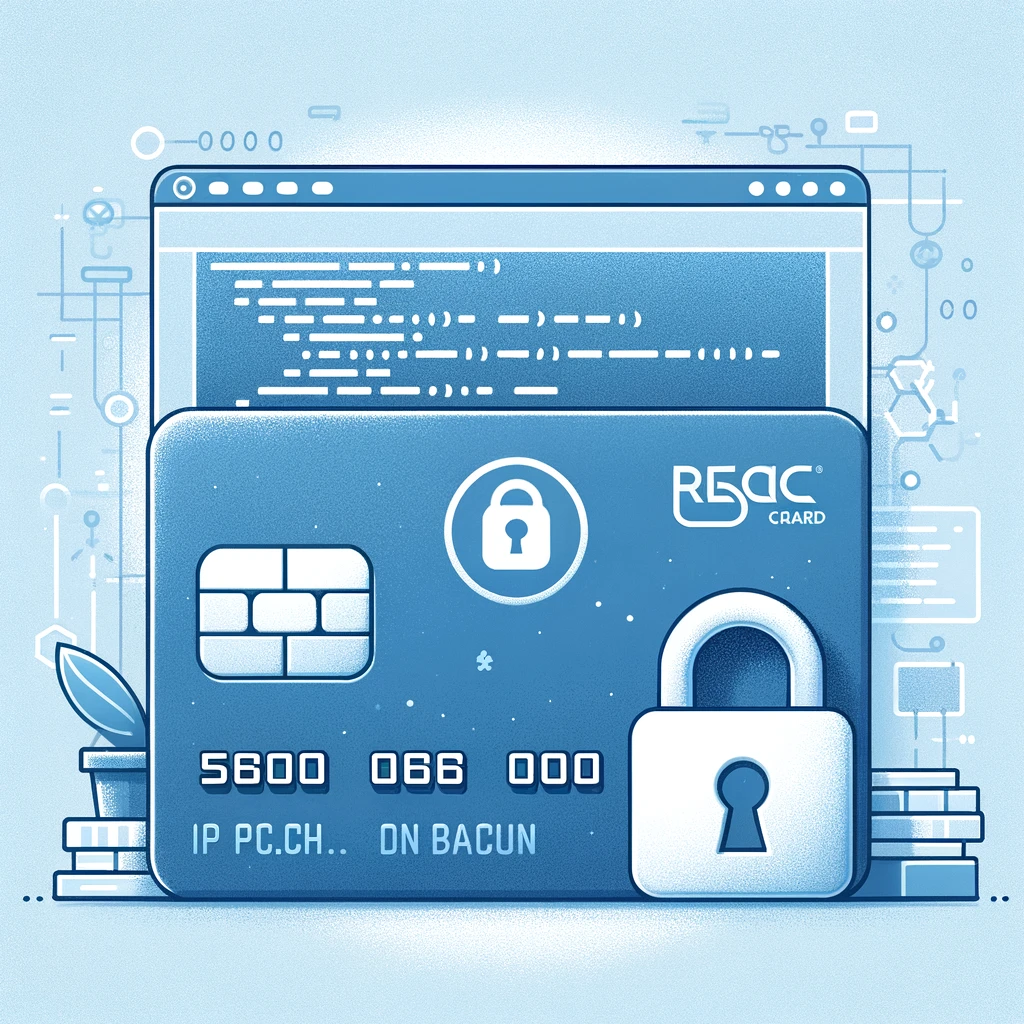Combating Credit Card Chargebacks with VisitorAPI

In the dynamic world of online transactions, credit card chargebacks are a significant challenge for digital businesses. As React application developers working on payment forms, understanding the nuances of this issue and employing strategies to mitigate it is crucial. This article delves into how recording IP addresses and device information can be a game-changer in fighting back against credit card chargebacks.
Understanding Credit Card Chargebacks
A chargeback occurs when a customer disputes a transaction and the amount charged is reversed. This can happen for various reasons, including unauthorized use, dissatisfaction with a product or service, or non-receipt of goods. While chargebacks are meant to protect consumers, they can be a headache for businesses, leading to financial losses and damaged reputations.
The Role of IP Address and Device Information
Recording IP addresses and device information can be a powerful tool in combating chargebacks. Here are key aspects:
Evidence in Dispute Resolution
In the event of a chargeback, having detailed records of the IP address and device used for the transaction can be crucial evidence. It helps in proving the legitimacy of the transaction, especially in cases where the customer claims they didn’t authorize the purchase. This data can be presented to the bank or credit card company during the chargeback process to strengthen the merchant’s case.
Fraud Detection and Prevention
By tracking the IP address and device details, businesses can identify suspicious activities. For instance, a transaction from a location or device that doesn’t match the customer’s usual pattern can be a red flag. This information can also be used to implement geolocation-based security measures, reducing the risk of unauthorized transactions.
Enhanced Customer Profiling
Over time, collecting this data helps in creating a more accurate profile of customers. This can be used to tailor services and also to flag transactions that deviate from the norm.
Integrating VisitorAPI for Enhanced Security
Since JavaScript is not allowed to access the IP address of the website users, integrating an server side API solution like VisitorAPI can streamline the process of collecting and analyzing IP addresses and device information. VisitorAPI offers a comprehensive solution for React applications, enabling developers to easily capture and utilize this data for fraud prevention and chargeback disputes. Here’s how you can integrate it:
- Easy Integration: VisitorAPI can be seamlessly integrated into React applications. The documentation provides a detailed guide on how to implement this in your project.
- Real-Time Data: It offers real-time access to IP and device data, ensuring that you have the most current information for security analysis.
- Low Latency: The low latency API responses ensure that there will be no impact on user experience.
- Security: Only requests from your authorized domains are allowed to call your API account which secures the data and protects you from unauthorized usage.
Because VisitorAPI doesn’t store any IP addresses of your website users, there is no impact to your GDPR and CCPA compliance.
Conclusion
Incorporating IP address and device information tracking in your React applications, especially through tools like VisitorAPI, can significantly reduce the risk of credit card chargebacks. It not only aids in fraud detection but also provides valuable evidence in dispute resolution. By adopting these practices, React developers can contribute to creating a more secure and trustworthy online transaction environment.